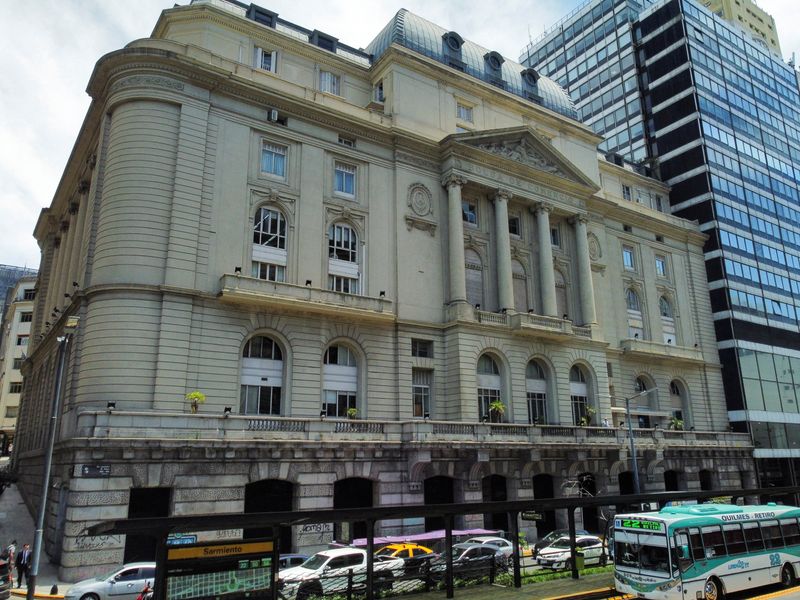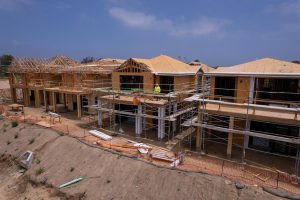
By Jorge Otaola
BUENOS AIRES (Reuters) – Argentina and the International Monetary Fund may be on the home stretch over a $20 billion new program, but the deal has so far failed to dispel traders’ anxiety and a haze of uncertainty around the outlook for the country’s peso currency.
The South American nation, under libertarian President Javier Milei, is trying to rebuild investor confidence and bolster depleted foreign currency reserves after years of overspending that left the grains producer locked out of global markets and battling to stabilize its finances.
The government is in advanced talks with the IMF over a new deal that could give the central bank a much-needed hard currency buffer, but uncertainty over FX policy has spooked traders and led to a drain in already depleted reserves, underscoring a challenge for Milei’s pro-market reforms.
Market bets of a peso weakening since mid-March caused a $1.6 billion reserves drain as the central bank battled to stabilize the local tender. Peso futures have spiked, while government officials have refuted rumors of a devaluation.
Analysts and investors said that the market was wary given there was little concrete detail about the IMF program or what might happen with the exchange rate and strict capital controls that have been in place since 2019.
“Overall, the attempt to mitigate uncertainty by revealing the program amount failed to significantly impact credit spreads, likely due to the absence of detailed information,” investment bank JP Morgan said in a note late last week.
On Monday, Argentina’s country risk index jumped 62 points to 863 basis points, near highs seen in November, reflecting diminishing investor confidence in the country’s sovereign debt. It had dropped to 550 points in January.
Local bonds, parallel peso markets – used to skirt capital controls – and equities also fell.
‘PURE DOUBT’
Milei has made rebuilding reserves a key focus since taking office in December 2023 and ushering in a tough zero deficit program of spending cuts that helped stabilize the state’s finances.
Net foreign currency reserves improved from negative $11 billion to negative $4 billion by early March this year, but since have gone into reverse.
Economist Camilo Tiscornia at Buenos Aires consultancy C&T cited “pure doubt” around what could happen with FX policy and said the market needed more details about the IMF deal.
“The agreement with the IMF is still up in the air,” he said. “There’s speculation that the agreement will bring some modification to the (FX) system, but no one knows what.”


